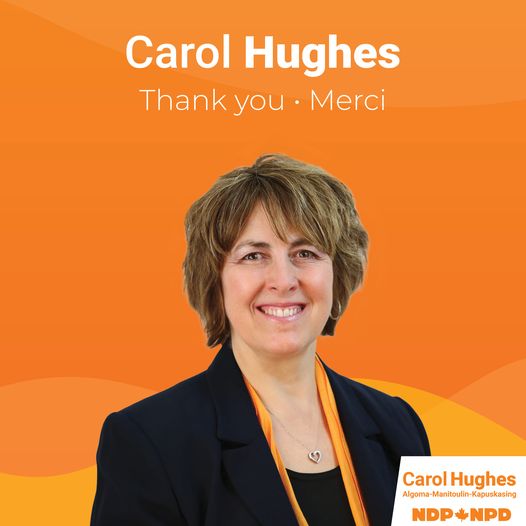Canada’s treasured public health care system is feeling particularly strained right now. Hospitals are overcrowded, surgical wait lists are long, ERs have closed their doors due to wait times, and staffing levels aren’t keeping up with the necessary demand, with Bernie Robinson, Interim President of the Ontario Nurses’ Association recently stating that in this province alone, we are 25,000 nurses short.
It’s vital that the Federal government stop dragging its feet when it comes to responding to Provincial and Territorial health care needs to ensure that publicly funded health care is able to handle the current strain. This is an issue that has been discussed consistently for over a year, when the Premiers from across Canada asked the Prime Minister, in no uncertain terms, to sit at the table with them to hammer out a new deal for health care delivery. While there is some positive indication that a new healthcare deal is in the works, concerns remain regarding the failure of the government to defend our public health system.
One of the most significant issues that have been coming off the back of the health care crisis our country is facing is the slow normalization of privatization of parts of our health care system in the name of “streamlining” services, predominantly from Conservative Premiers. Recently, Ontario Premier Doug Ford expanded the private delivery of public health care by funding private clinics to perform essential health services such as MRI and CT scans, colonoscopies, cataract surgeries, and hip and knee replacements; a move opposed by five major Ontario health care unions, including The Canadian Union of Public Employees, the Ontario Nurses’ Association, the Ontario Public Service Employees Union, Service Employees International Union Healthcare and Unifor. In Alberta, Premier Danielle Smith has floated the idea of a “health care spending account,” but details on this proposal are limited at the moment. Manitoba Premier Heather Stefanson, in their province’s November Speech from the Throne, advised they would be looking at using more private partnerships to deliver health care.
But these aren’t the only areas where healthcare services are being threatened by privatization. Maple, an Ontario-based company funded in part by Loblaws, offers people the opportunity to visit virtually with a general practitioner – for $69 per visit, or for a $30 monthly user fee. Usually, a company cannot charge for health services offered under OHIP or other provincial health insurance, as this would be a direct contravention of the Canada Health Act. However, they get around this by connecting clients with a GP or nurse practitioner outside of their home province, which is not covered by provincial insurance, and therefore, is not technically in contravention of the Canada Health Act. Health Canada has expressed “concern” about Maple, but they are technically acting within the law. It’s a slow push towards two-tiered healthcare when we allow companies like these to charge for access to essential healthcare services.
As discussions about additional healthcare funding between the federal government and provincial counterparts continue, we should expect to see some form of deal on this front in the coming months that will give our ailing healthcare system an injection of much-needed funding. But any deal should come with the clear caveat that privatization of health services be considered a non-starter. For-profit clinics will cannibalize public health nurses and other staff who keep our system running on the front line but are too often not compensated appropriately for the work they do.
The federal government needs to ensure they are meeting the end of their health care obligations under the Canada Health Act, and this includes appropriate, stable funding to the provinces. But what cannot be allowed to happen is leaving the door open to the privatization of health services that push us further towards the Americanized pay-for-access system that too often straddles people with impossible debt loads to pay for health services they need. The funding needs to be there, but there also needs to be strings attached to ensure public health care is not slowly dismantled.
Carol Hughes



